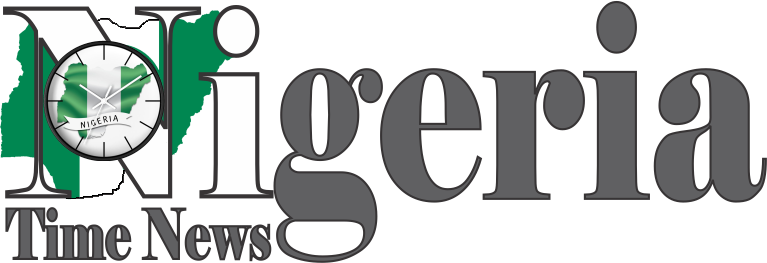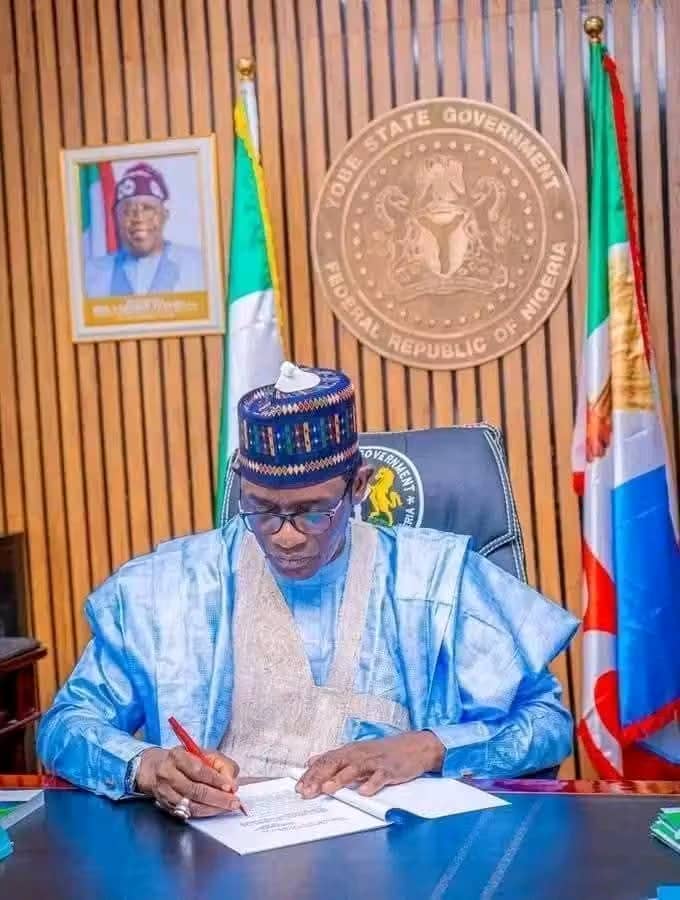Radio Silence: The Fragility of Independent Broadcasting in Northern Nigeria
Local Journalists Face Harassment, Political Capture, and Collapsing Press Freedom
By Ahmad Salkida | Originally published on HumAngle Media
Across northern Nigeria, the once-vibrant voices of community radio journalism have dwindled into timid whispers of praise songs, sponsored jingles, and carefully curated commentary. Young journalists working in these stations describe an environment of financial hardship, political pressure, and growing self-censorship that threatens the very foundation of independent broadcasting in the region.
The Decline of a Vital Medium
Radio has long served as the primary information lifeline in northern Nigeria, particularly in rural Hausa-speaking communities with low literacy rates. Beyond entertainment, these stations have played crucial roles in public health campaigns, civic education, and even counterinsurgency efforts – former Boko Haram members have credited radio appeals with convincing them to lay down arms.
Yet this powerful medium is being systematically weakened. “Many of us are not paid respectable salaries, and irregular, low wages or sometimes no payment at all are common challenges,” revealed a radio presenter in Gombe. The financial precarity forces journalists into compromising situations just to survive.
Journalists Working in Poverty
The economic reality for local broadcasters paints a grim picture:
- Salaries as low as ₦10,000 (about $20) per month
- No employment contracts or health insurance
- Months or years of unpaid wages
- Reliance on side hustles or transactional relationships
“I’ve been reporting for three years, and my salary is barely enough to feed myself,” shared Rukaiya, a reporter at a private FM station. This financial strain creates an environment ripe for exploitation by station owners, politicians, and advertisers.
Regulatory Stranglehold
The National Broadcasting Commission (NBC), meant to regulate the industry, has become a tool of censorship according to media professionals. Stations airing critical content about security failures or corruption risk:
- Heavy fines
- Temporary shutdowns
- License revocation
“We train our reporters in a practice that better serves our reality,” explained a station manager in Nasarawa State, where certain words and stories are strictly forbidden on air. The NBC’s leadership, appointed by the executive branch, lacks institutional independence, making it an enforcer of government interests rather than a neutral regulator.
Political Capture of the Airwaves
Across northern states, governors and political appointees directly influence programming at both state-owned and private stations:
- Determining who gets airtime
- Dictating acceptable topics
- Rewarding compliant journalists with contracts or appointments
“During the last election, I was warned not to host opposition candidates,” confessed a producer at a state-owned station in Kano. “We were told it would ‘destabilize the peace.'”
Threats from Armed Groups
Journalists in conflict-affected areas face dual pressures – from state actors and armed groups. “We stopped reporting kidnappings in some areas,” shared a radio editor in north-central Nigeria. “They called and said if we mentioned their names again, they would burn down the station.”
This climate of fear has led to:
- Self-censorship on security issues
- Downplaying of sensitive topics
- Complete avoidance of certain stories
The Way Forward
Experts suggest several solutions to revive independent broadcasting:
- Fair remuneration and protections for journalists
- Depoliticization of regulatory bodies
- Coordinated protection from state and non-state threats
- Civil society support for media independence
- Donor investment in long-term sustainability
As Suleiman Shuaibu, a development specialist in Abuja notes, “When local media fail, communities lose more than news; they lose agency.” The stakes couldn’t be higher in a region where radio remains the most trusted and accessible news source for millions.
This report was produced by the Centre for Journalism Innovation and Development (CJID) in partnership with HumAngle as part of a project documenting press freedom issues in Nigeria.
For the original comprehensive report, visit: HumAngle Media











